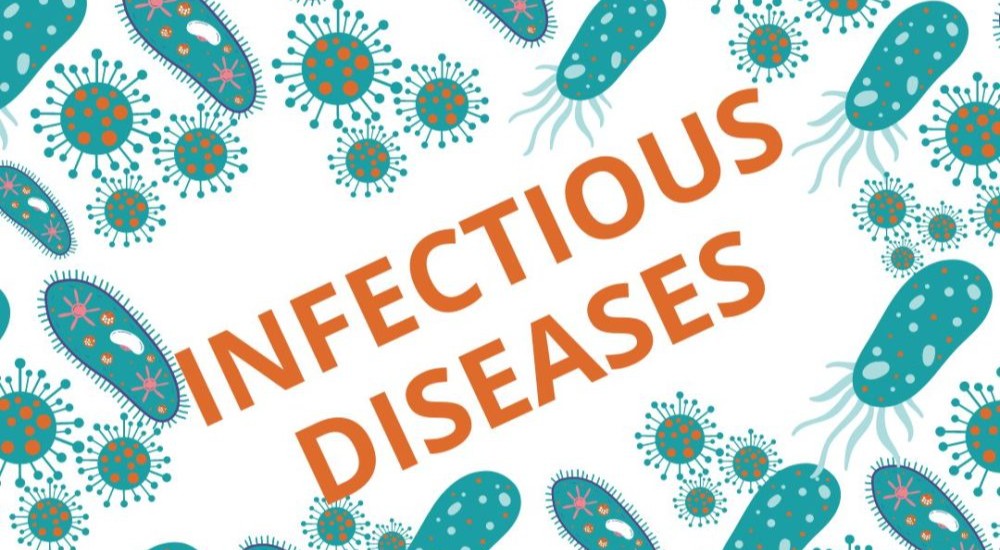This training course is designed to equip participants with the necessary skills to analyze disease outbreak data using R and Power BI. Participants will learn how to manage, visualize, and interpret data to make informed decisions in the context of disease outbreaks.
The course covers topics such as data collection, data cleaning, data visualization, statistical analysis, and reporting using R and Power BI. Participants will gain hands-on experience through practical sessions.
Who should attend the training:
- Public health professionals
- Data analysts
- Epidemiologists
- Researchers
- Healthcare professionals
Objectives of the training:
- Understand the fundamentals of disease outbreak data analytics
- Learn how to use R for data analysis and visualization
- Develop skills in using Power BI for data reporting
- Apply statistical methods to analyze outbreak data
- Interpret and communicate data insights effectively
Personal benefits:
- Enhance your data analysis skills
- Gain practical experience with R and Power BI
- Improve your ability to make data-driven decisions
- Expand your career opportunities
- Network with professionals in the field
Organizational benefits:
- Improved data analysis capabilities within the organization
- Better-informed decision-making during disease outbreaks
- Enhanced reporting and communication of data insights
- Increased efficiency in managing and interpreting outbreak data
- Strengthened public health response
Training methodology:
- Interactive lectures
- Hands-on practical sessions
- Case studies and real-world examples
- Group discussions and collaborative learning
- Continuous assessment and feedback
Course duration: 10 days
Training fee: USD 2500
Module 1: Introduction to Disease Outbreak Data Analytics
- Overview of disease outbreak data
- Importance of data analytics in public health
- Basic principles of data management
- Introduction to R and Power BI
- Practical session: Setting up R and Power BI environments
Module 2: Data Collection and Management
- Methods of data collection in disease outbreaks
- Data cleaning and preprocessing
- Handling missing data
- Data storage and management practices
- Practical session: Data cleaning and preprocessing in R
Module 3: Data Visualization with R
- Principles of data visualization
- Creating visualizations with ggplot2
- Customizing plots and visualizations
- Visualizing temporal and spatial data
- Practical session: Creating visualizations using R
Module 4: Data Visualization with Power BI
- Introduction to Power BI interface
- Importing data into Power BI
- Creating interactive dashboards
- Customizing visuals and reports
- Practical session: Building interactive dashboards in Power BI
Module 5: Statistical Analysis in R
- Descriptive statistics and exploratory data analysis
- Hypothesis testing and confidence intervals
- Regression analysis
- Time series analysis
- Practical session: Conducting statistical analysis in R
Module 6: Geospatial Analysis in R
- Introduction to geospatial data
- Mapping disease outbreaks
- Spatial data visualization
- Analyzing spatial patterns
- Practical session: Geospatial analysis in R
Module 7: Advanced Data Visualization with Power BI
- Advanced visualization techniques
- Custom visualizations and scripting
- Integrating R scripts in Power BI
- Performance optimization for dashboards
- Practical session: Advanced visualizations in Power BI
Module 8: Predictive Modeling in R
- Introduction to predictive modeling
- Building and validating models
- Machine learning techniques
- Evaluating model performance
- Practical session: Developing predictive models in R
Module 9: Data Reporting and Communication
- Principles of effective data reporting
- Creating compelling reports
- Communicating data insights to stakeholders
- Customizing reports for different audiences
- Practical session: Creating comprehensive reports
Module 10: Real-World Case Studies
- Analyzing historical disease outbreak data
- Applying learned techniques to real-world scenarios
- Group discussions and collaborative analysis
- Presenting findings and recommendations
- Practical session: Case study analysis
Module 11: Data Ethics and Privacy
- Ethical considerations in data analysis
- Ensuring data privacy and security
- Compliance with data protection regulations
- Handling sensitive health data
- Practical session: Implementing data privacy measures
Module 12: Emerging Technologies in Data Analytics
- Overview of emerging technologies
- Big data and its impact on public health
- Artificial intelligence and machine learning
- Future trends in data analytics
- Practical session: Exploring emerging technologies
Module 13: Data Integration and Interoperability
- Integrating data from multiple sources
- Interoperability standards and protocols
- Data exchange and collaboration
- Managing data quality and consistency
- Practical session: Data integration techniques
Module 14: Advanced Statistical Methods
- Advanced hypothesis testing
- Multivariate analysis
- Survival analysis
- Bayesian statistics
- Practical session: Applying advanced statistical methods
Module 15: Data-Driven Decision Making
- Frameworks for data-driven decision making
- Decision support systems
- Risk assessment and management
- Scenario analysis
- Practical session: Decision-making simulations
Module 16: Crisis Management and Response
- Principles of crisis management
- Data-driven response strategies
- Communication during crises
- Evaluating response effectiveness
- Practical session: Crisis response simulation
Module 17: Public Health Surveillance
- Concepts of public health surveillance
- Surveillance system design and implementation
- Data collection and analysis for surveillance
- Reporting and disseminating surveillance data
- Practical session: Designing a surveillance system
Module 18: Evaluating Public Health Programs
- Evaluation frameworks and methodologies
- Measuring program effectiveness
- Data collection and analysis for evaluation
- Reporting evaluation findings
- Practical session: Program evaluation techniques
Trainer Experience
Our trainers are seasoned professionals with extensive experience in public health, data analytics, and the use of R and Power BI. They bring a wealth of practical knowledge and real-world insights to the training.
Quality statement
We are committed to providing high-quality training that meets the needs of our participants. Our courses are designed to be interactive, engaging, and relevant to real-world challenges.
Tailor-made courses
We offer tailor-made courses to suit the specific needs of organizations. Please contact us to discuss your requirements and we will design a course that meets your needs.
Payment
Payment is required a week before the training starts.
Accommodation and airport pick-up
We provide accommodation and airport pick-up services for participants. Please contact us for more details.

